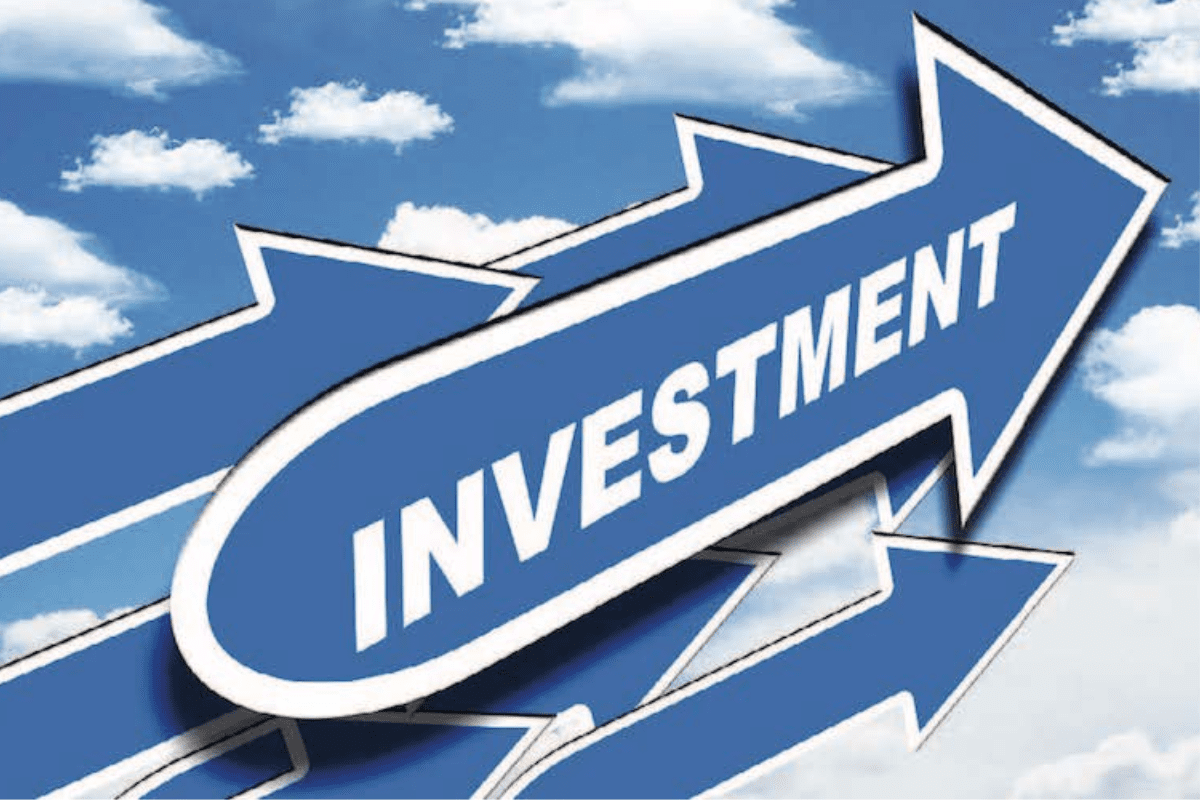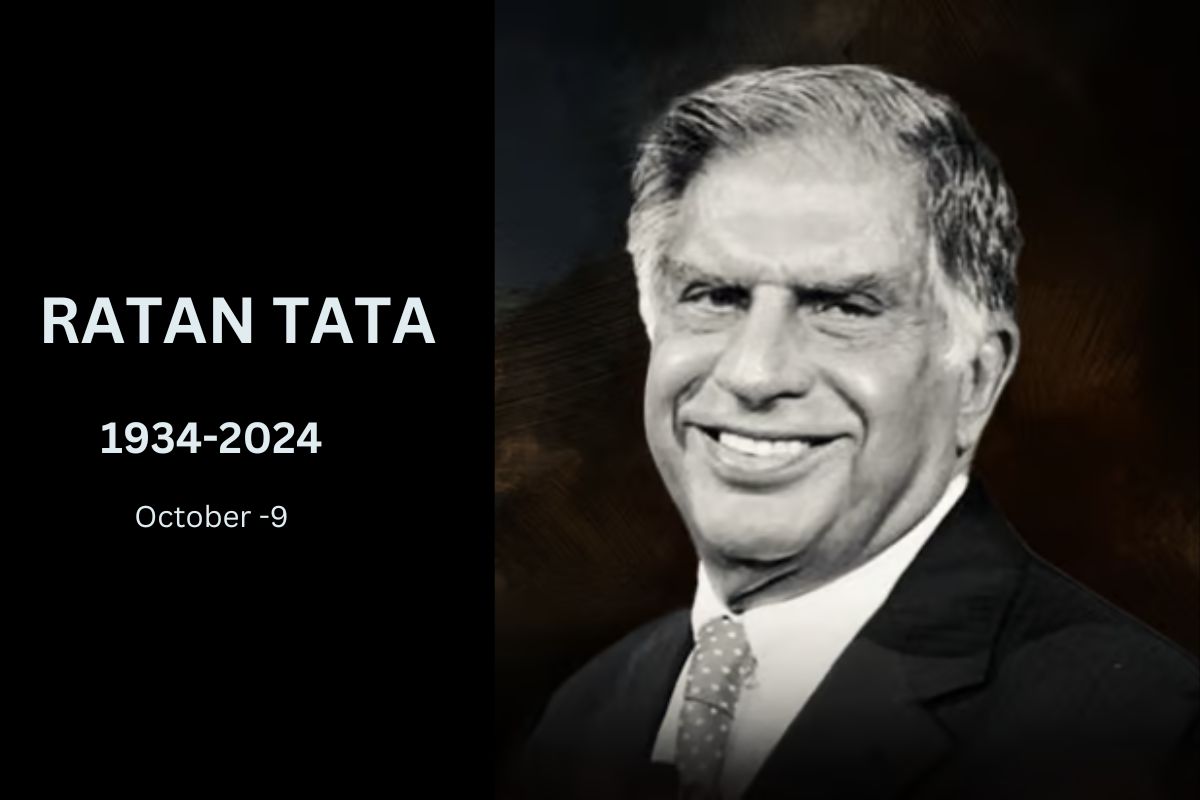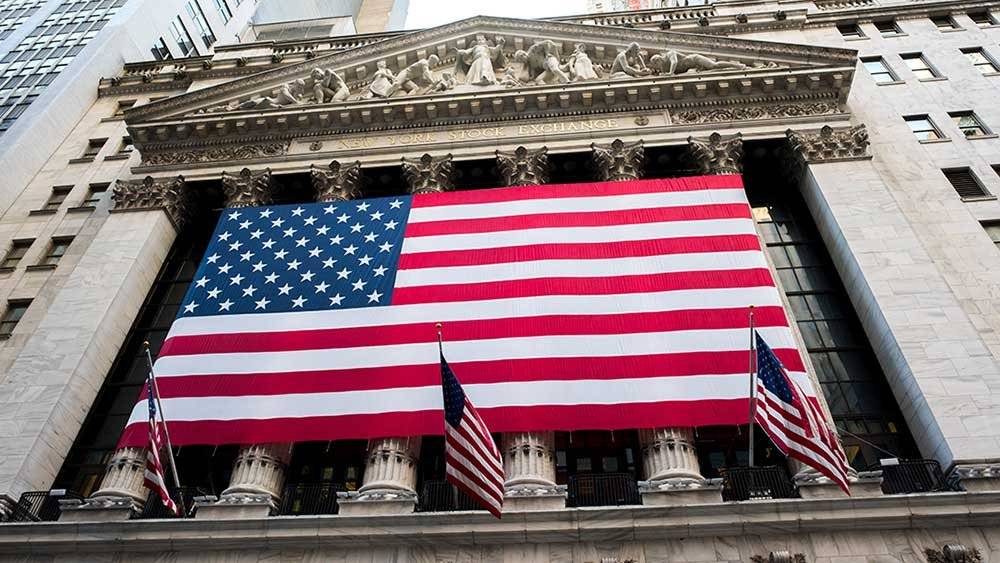Lynn Hogan and her husband jokingly refer to themselves as “the turtles” after decades of careful investing In the current struggle against inflation, which has made vacations more expensive and $200 grocery bills typical the majority of retired educators are keeping up.
Slow-and-steady investment returns, including stock dividends, have enabled the couple outside of Decatur Ala. to assist fund one of their daughters’ veterinary school education. “To them” Hogan remarked of her older children, “prices are much more important than to us.”
Hogan said inflation as “not a heart-wrenching thing.”
Millions of Americans, including the Hogans, have continued to spend despite price increases, thanks to rising wages, nearly full employment, and increased investment income. Rising interest rates are boosting the economy by putting previously unheard-of quantities of money in the hands of consumers, propelling US asset values to all-time highs, and assisting many high incomes in avoiding the gloomy effects of inflation.
According to the Commerce Department Americans received more than $3.7 trillion in interest and dividends at a seasonally adjusted annual rate in the first quarter of this year an increase of around $770 billion over the same period four years ago.
The Federal Reserve recorded the largest amount of wealth ever recorded in the fourth quarter of 2023 which was held in equities, real estate, and other assets such as pensions.
The Complicated Things for Americans “TD Banks
The historic benefits do not come without risk. The ability of Americans to pay more for products and services is going to make it harder for the Federal Reserve to reach their inflation target said James Marple a senior economist at TD Bank.
According to federal data, Americans’ wage and wealth increase in recent years has occurred across all income brackets. In terms of cash gains, white people, the wealthy, the college-educated, and baby boomers have benefited disproportionately from the ownership of assets such as homes (typically with low-interest mortgages) and stocks.
Many investors expected increased interest rates to drag down stock prices by diminishing the present value Wall Street attributes to future corporate profits.
Higher prices slowed the 55-year-old and his wife’s efforts to purchase a new automobile and put off a possible project to upgrade their rear patio and garden. Still, the couple did not hesitate to purchase new tires for one of their sons recently. They are planning vacations across the United States and to Spain. Family gatherings have featured catered dinners.
Taken combined, recent stock gains and bond income have put Hernandez in a stronger position to retire early and help his two sons buy future homes.
“I’m not going to die and take [the money] with me,” he replied.
Stimulating the economy.
The income pouring to Americans, such as Hernandez, has generated disagreement among some economists about whether higher interest rates might actually be stimulating the economy.
Instead, the excitement around artificial intelligence has helped propel major stock indexes close to all-time highs by boosting shares in technology companies, semiconductor makers, and even utilities. While the S&P 500 has fallen somewhat in the last week, Wall Street remains bullish on rate cuts this year, which might boost the next leg higher.
Economists argue on how much the so-called wealth effect of growing asset values stimulates consumers to spend, as well as how long that effect may sustain economic activity.
However, in a period of increasing bond returns, many Americans’ assets are generating cold hard cash that may be reinvested in the economy through restaurants, hotels, and retail.
Victor Hernandez, a tech sales specialist from Southern California, has increasingly snapped up Treasurys and corporate debt in recent months to lock in such safe returns. Fixed income now makes up about one-third of his portfolio.
Washington has pumped out trillions of dollars in recent years for pandemic relief, clean-energy projects and more, selling Treasurys to finance soaring budget deficits.
The snowballing debt, coupled with the highest rates in more than two decades, pushed government interest expenses to a seasonally adjusted annual rate of nearly $1.1 trillion, according to first-quarter figures from the Commerce Department.
That is income for cash-rich companies or Americans who park savings in money-market funds, where 5% annual returns can turn into a surprise five figures.
Delores McKinley, a retired accountant from Fort Lauderdale, Fla., claims that low-risk investments “kind of sit there and then, when I do my taxes, I say, ‘Oh, I made all this money.
” According to Andy Constan, CEO of investment advising firm Damped Spring Advisors, higher government bond dividends very certainly increased total spending among Americans.
However, with the Fed indicating that more rate hikes are unlikely, growth in that income is forecast to slow significantly. Meanwhile, rising borrowing prices are harming more small businesses that need loans, prospective home buyers looking for mortgages, and low-income Americans who accrue credit card debt.
“At this stage, it’s much farther tilted to higher interest rates hurting the economy,” Constan stated.
Big savers like Jane Bertani are still saving cash in case the Fed’s inflation struggle begins in earnest. “If the market falls, you need to have something as a backup,” said the retired OT from Minnetonka, Minnesota.

Bertani and her husband, a retired dentist, are still trading the market through different accounts dedicated to certain costs like taxes and travel.
The couple, who occasionally splurge on $20 Wagyu burgers at a local restaurant, recently exceeded their monthly food budget, which Bertani attributed to inflation.
A separate investment account for miscellaneous expenses had them covered. “When and if we need money, we can go to that account,” Bertani said. “I realize that most people don’t have the time or resources to do that. Fortunately, we do.”
Read more
The Opaque Investment Empire Making OpenAI’s Sam Altman Rich
Source
Wall Street Journal

Andrew is a New York-based markets reporter at The Wall Street , covering the latest news from Wall Street, the rise of the spot bitcoin exchange-traded funds and updates on crypto markets. He is a graduate of New York University’s business and economic reporting program and has appeared on CBS News, YahooFinance and Nasdaq TradeTalks. He holds BTC and ETH.







